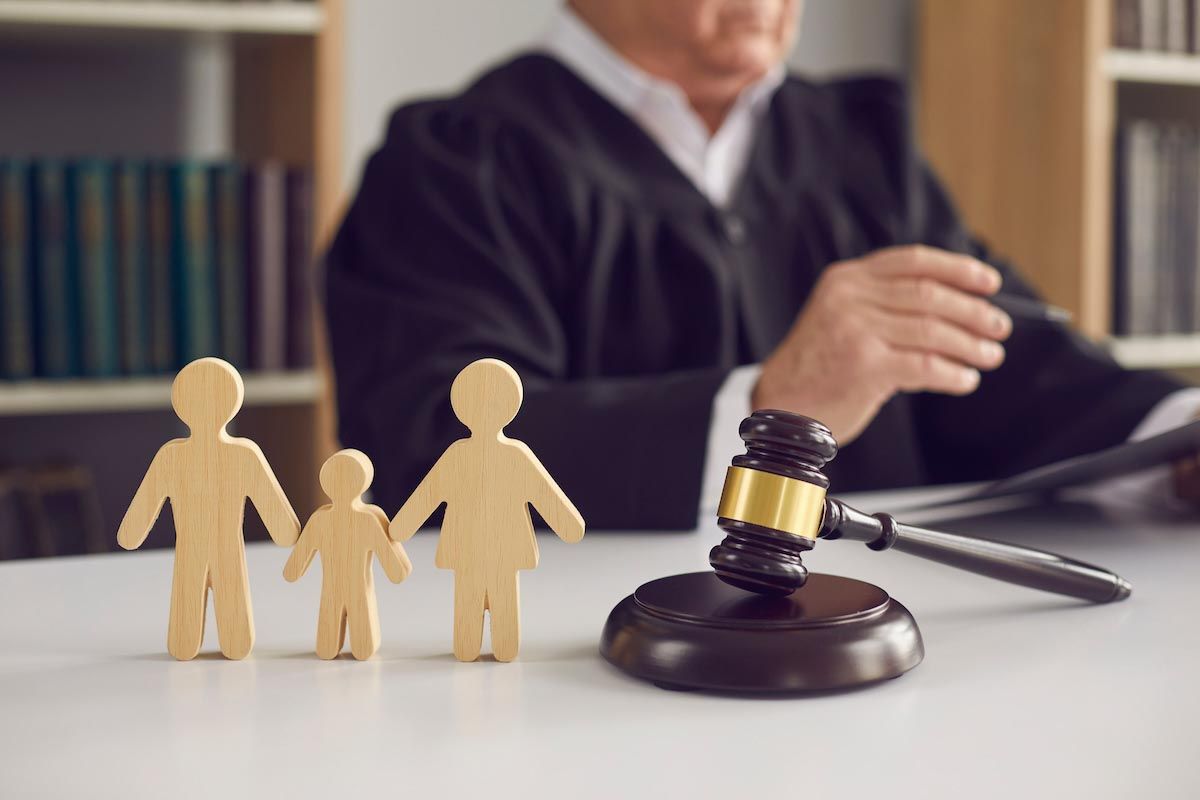The Impact of Social Media on Your Personal Injury Case
Social media has become an integral part of daily life. Platforms like Facebook, Instagram, Twitter, and LinkedIn enable individuals to share personal experiences, photos, and thoughts with a wide audience. For those involved in a personal injury case, especially under Oregon personal injury law, the implications of social media activity can be far-reaching and potentially detrimental.
This article will take a look at the ways social media can often influence personal injury claims and court cases. We will highlight potential pitfalls and offer practical advice on managing your online presence to protect your legal interests during an ongoing case, all from the knowledgeable lawyers at Warren Allen in Portland, OR.
Understanding Oregon Personal Injury Law
Oregon personal injury law is designed to compensate those injured due to another party’s negligence or intentional actions. Personal injury compensation can cover medical expenses, pain and suffering, lost wages, and other damages. To pursue a personal injury claim in Oregon, the plaintiff must prove that the defendant owed a duty of care, disregarded that duty, and caused the plaintiff’s injuries as a result.
One of the critical elements in any personal injury case is the credibility of the claimant and the evidence presented. Here is where social media can come into play, and often in a significant way. Posts, photos, and even comments on social media can be scrutinized and potentially used as evidence to challenge the claimant’s assertions about their injuries and the impact on their life.
How Social Media Can Affect a Personal Injury Case
Posts, comments, and photos on social media can play a crucial part in personal injury cases. Photos and posts can be shared as evidence, so you should keep an eye on what you post.
An insurance company’s primary role in any claim is to minimize the payout as much as possible. As part of their investigation, they often turn to social media to gather evidence that might contradict the plaintiff’s injury claims. For instance, if a plaintiff is seeking compensation for a severe back injury but posts photos of themselves engaging in physical activities like hiking or dancing after the accident, this can seriously undermine their case. Insurance adjusters and defense attorneys can use such posts to argue that the claimant’s injuries are not as severe as reported.
It is not uncommon for insurance companies to monitor claimants’ social media activity throughout the case. This surveillance can extend beyond the claimant’s own posts to include posts and tags from friends and family. A seemingly innocuous photo tagged by a friend at a social event can be interpreted as proof that the claimant is not suffering as much as they claim.
Social media activity can also reveal inconsistencies in the claimant’s story. If a person claims they cannot work or participate in certain activities due to their injuries and their social media depicts a different narrative, this can be detrimental. Credibility is paramount in personal injury cases, and the lawyers at Warren Allen know how a hit to credibility can weaken the claimant’s position and affect the compensation they are entitled to receive.
Potential Pitfalls of Social Media in a Personal Injury Claim
An important note when it comes to social media is anything posted or tagged can potentially be used as evidence against the claimant. This includes not only public posts but also those shared just with friends and followers, as privacy settings are not always foolproof. Photos showing physical activity, travel, or social engagements can be particularly damaging.
Even posts that are unrelated to physical activity can be misconstrued. For instance, a post expressing happiness or excitement might be used to suggest that the claimant is not suffering emotionally or psychologically, which can be particularly problematic in cases where the claimant is seeking damages for emotional distress.
Posts from friends and family can also pose risks. A well-meaning friend tagging you in a photo at a party can provide evidence that contradicts your claims of severe pain and limited mobility. It is essential to communicate with friends and family about the importance of not posting or tagging photos of you during your court case.
Practical Advice for Managing Your Online Presence
Given the potentially negative impact of social media on a personal injury case, it is crucial to manage your online presence carefully. Here are some practical tips:
- Adjust privacy settings: While privacy settings are not infallible, they can provide a layer of protection. Ensure your social media accounts are set to the highest privacy levels possible. Set limits on who can see your posts and who can tag you in photos. Just remember: nothing is ever fully private online.
- Think twice before you post: Be mindful of what you post. Avoid sharing details about your injury, the accident, or your case. Do not post photos or updates that could be interpreted as inconsistent with your injury claims. If in doubt, it is better not to post at all.
- Communicate with friends and family: Inform friends and family about your situation and ask them to avoid posting or tagging you in photos and updates altogether. Explain that even well-intentioned posts can be used against you.
- Monitor your online presence: Regularly check your social media accounts to ensure that no posts or photos have been tagged that could be detrimental to your case. If you find any, immediately contact the person who posted them and request they remove or untag you.
- Consult your attorney: Your attorney at Warren Allen will provide advice specific to your case on how to handle your social media activity. Follow their guidance closely. In some cases, they may tell you to temporarily deactivate your social media accounts for the duration of your case.
When it comes to Oregon personal injury law, social media can significantly influence your personal injury claim. Posts, tags, photos, and comments can be used as evidence to challenge the severity of injuries and the claimant’s credibility. With social media use during a personal injury case, it is always better to err on the side of caution. Just be careful with your posts (if you post at all), check your privacy settings, and make sure your friends and family know not to post or tag you during this time. When you understand the possible issues and take proactive steps to manage your online presence, you can protect your legal interests and improve the chances of a favorable outcome in your case. Your attorney with Warren Allen can advise you through the process, so give us a call and set up a consultation today!








